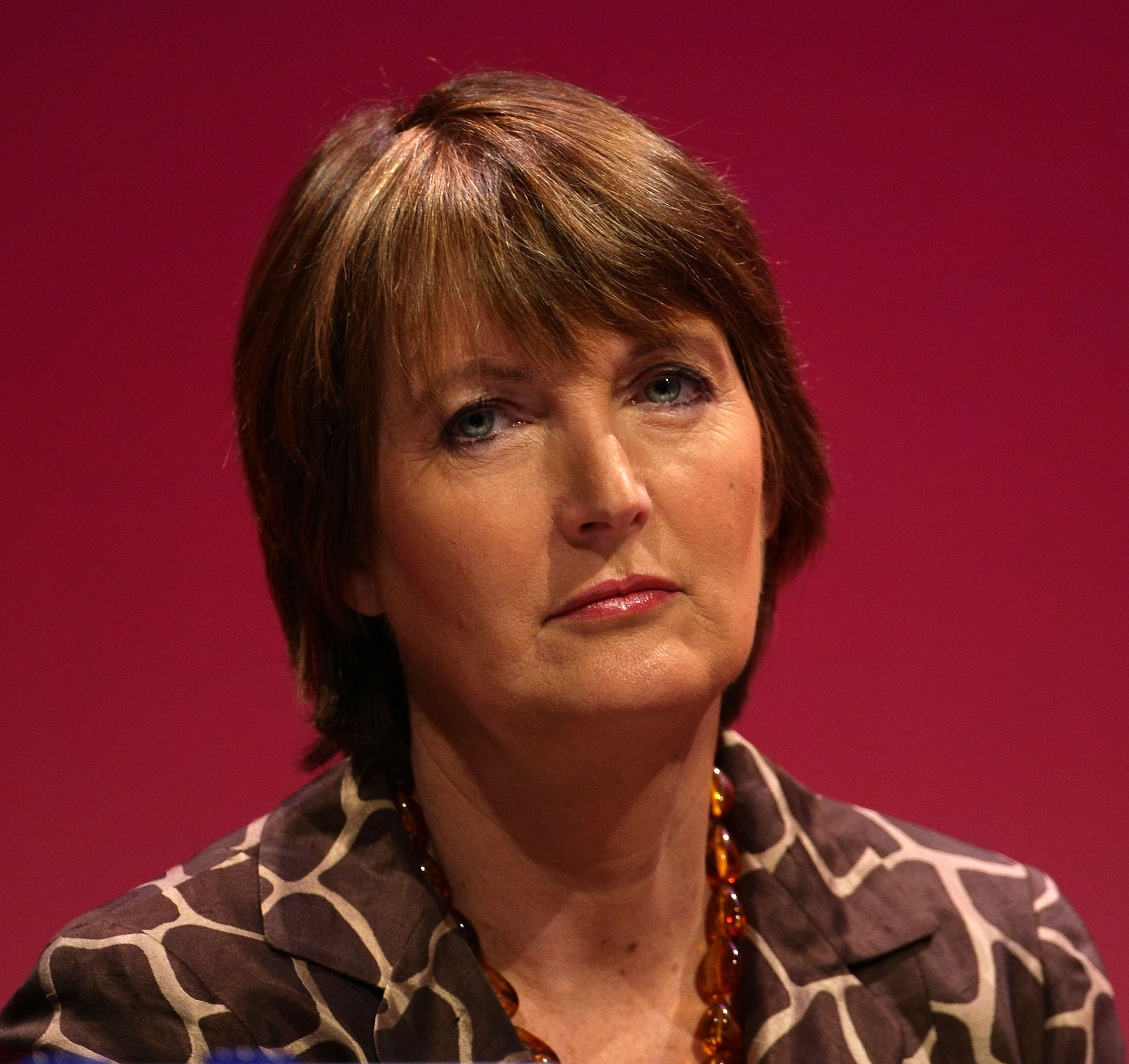Coffee House is running a series of posts on the contenders to succeed Gordon Brown as Labour party leader. The latest is below. Click here for our profile of David Miliband, here for Jon Cruddas, here for Alan Johnson, and here for Jack Straw.
Harriet Harman, 58, Deputy Leader of the Labour Party among other roles
 Pros
Pros
A complete change: On the surface of things, what greater change could there be from Gordon Brown than a female Prime Minister – and an ebullient one, at that? Even this superficial difference can make a “renewal” agenda sound that much more convincing to the electorate, and it could also steal the thunder from Conservative efforts to attract the female vote and to increase the number of women MPs. There’s also the idea that the Tories would have to dilute their attacks if faced by a female PM. On that front, it is perhaps telling that the scores are pretty much all-tied after Harman’s two PMQs bouts with William Hague.
Has already won a contest: It may have been a close-run thing – and she may not have come out on top in the early rounds of voting – but Harman’s success in the deputy leadership contest suggests she already has a fairly broad coalition of support within the party. Crucially, she was the second preference of many of Jon Cruddas’s supporters – so she might be a popular choice with the increasingly-powerful left of the party, which will need to be courted by any successful leadership candidate.
U-turn on the Iraq War: Harman originally voted in favour of the Iraq War. But in a Newsnight debate during the deputy leadership campaign, she admitted “If I’d have known there weren’t weapons of mass destruction I wouldn’t have voted for the war. Clearly it was a mistake but I think with a new leadership we have to acknowledge the bitterness and anger that there has been over Iraq and that we were wrong”. Other leadership candidates may now be peddling the “we need a rethink about Iraq” line – but she got there first and more unequivocally. There are significant drawbacks to this, but it could play well with the not insignificant number of people – both in the Labour Party and across the country – who opposed the war. She could be seen, by them, as the “honesty” candidate.
Cons
Non-job: Being Deputy Leader of the Labour Party may sound grand enough on paper, but there’s a strong case that it’s something of a non-job. As Sam Coates explains here, Brown has limited the role – most significantly by not making Harman Deputy Prime Minister. Sure, Harman’s got other roles too, but it’s still hard to pinpoint a job in which she has really shone. With the current economic climate being as it is, the argument is that someone who’s (successfully) filled heftier Cabinet positions would be better suited to being Prime Minister.
Her equality agenda: Harman’s work on equality has certainly ruffled a few feathers. It’s seen by many as encouraging unfair positive discrimination, and has even been described as “marriage hating”. Harman herself has (jokingly) acknowledged the difficulty this presents her, commenting recently that “there aren’t enough airports in the country for all the men who would want to flee the country” if she became Prime Minister.
Recent gaffes and controversies: From the stab-vest she wore whilst touring her constituency of Peckham, to her involvement in the ‘Donorgate’ scandal, Harman has a longer string of recent gaffes and controversies to her name than perhaps any other potential leadership candidate. Whether or not this means the public regard her as “damaged goods”, it certainly fuels the popular idea that she doesn’t have the gravitas required of a Prime Minister.
MP for Camberwell and Peckham since 1982
Leader of the House of Commons & Lord Privy Seal
2007-present
Minister for Women and Equality
2007-present
Deputy Leader of the Labour Party
2007-present
Labour Party Chair
2007-present
Solicitor General
2001-2005
Secretary of State for Social Security
1997-1998
Swing required to unseat
23.25% from Labour to Lib Dem, or 27.75% from Labour to Conservative
Major rebellions
None







Comments